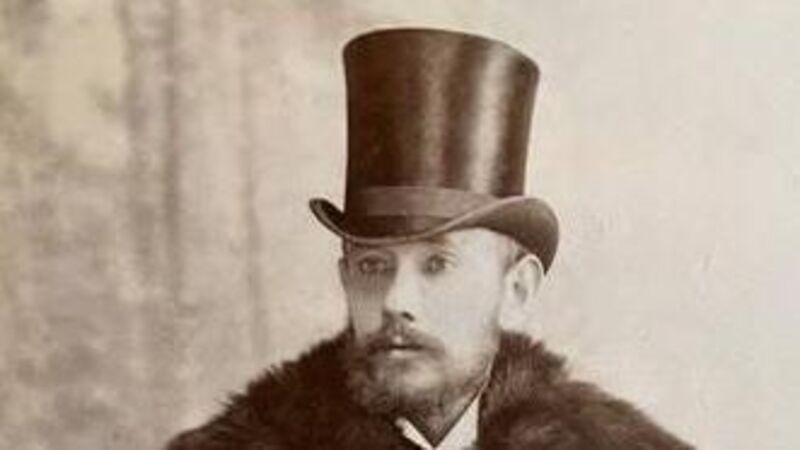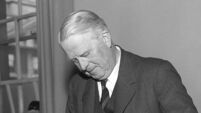Author interview: Unravelling the mysterious life of a journalism legend

EJ Dillon was dedicated to his craft, giving him access to his time’s most impactful stories.
- Dillon Rediscovered: The Newspaperman Who Befriended Kings, Presidents and Oil Tycoons
- Kevin Rafter
- Martello Publishing, €20.00
BOOKS & MORE
Check out our Books Hub where you will find the latest news, reviews, features, opinions and analysis on all things books from the Irish Examiner's team of specialist writers, columnists and contributors.







